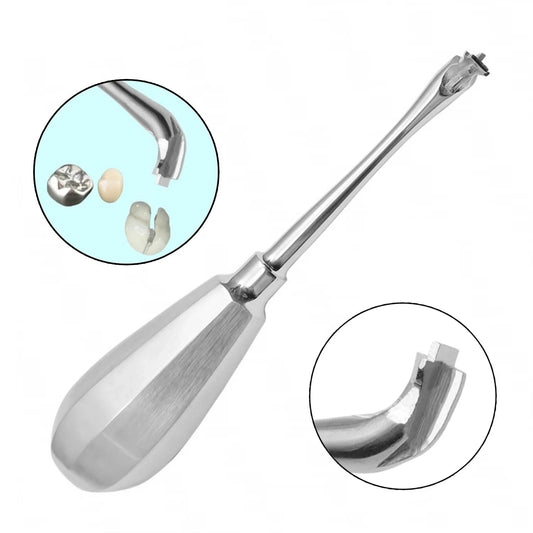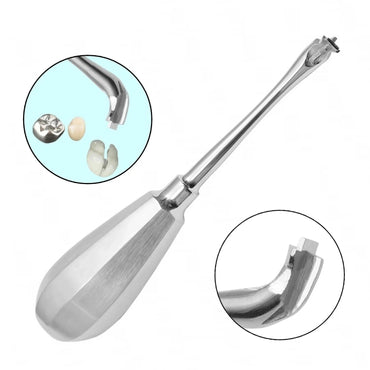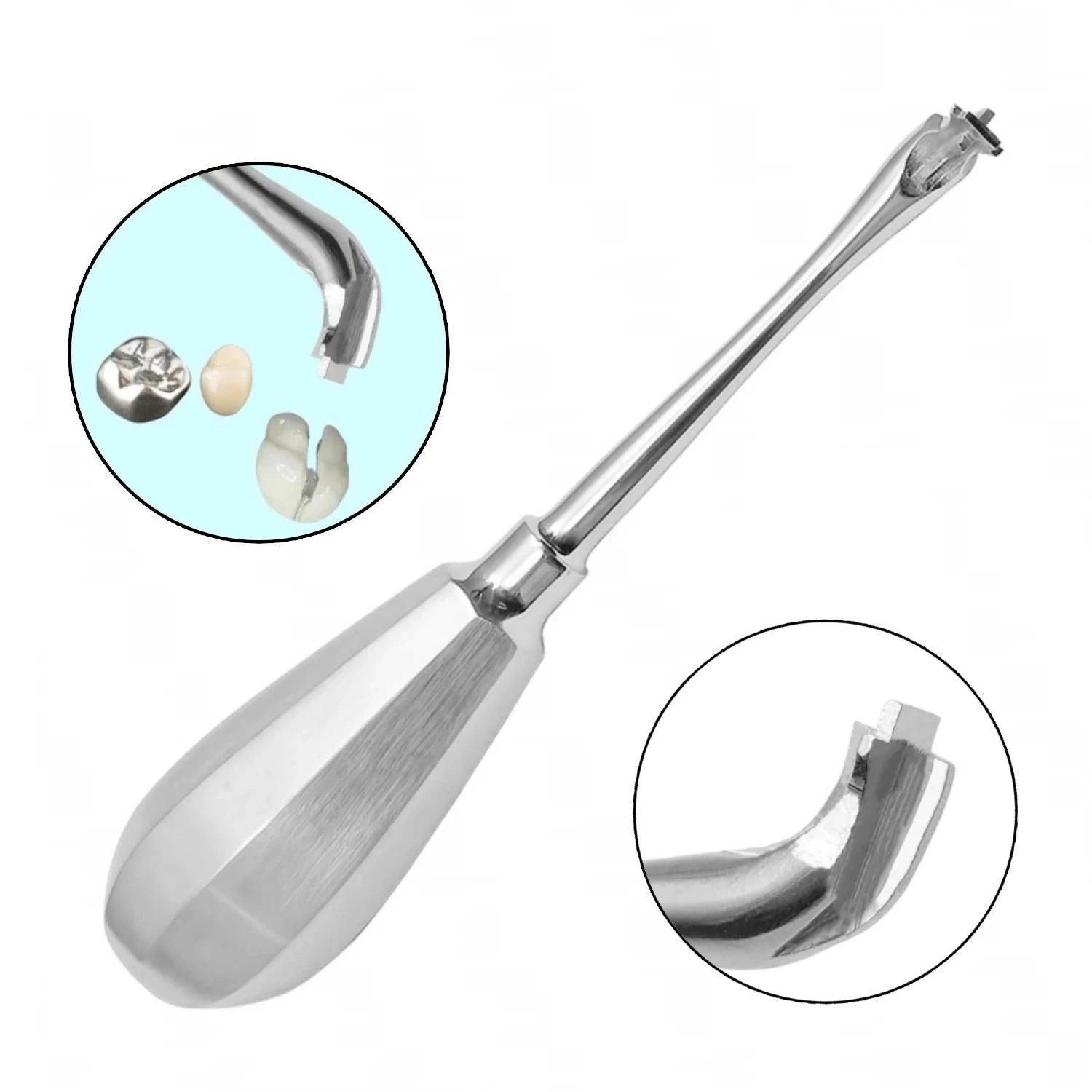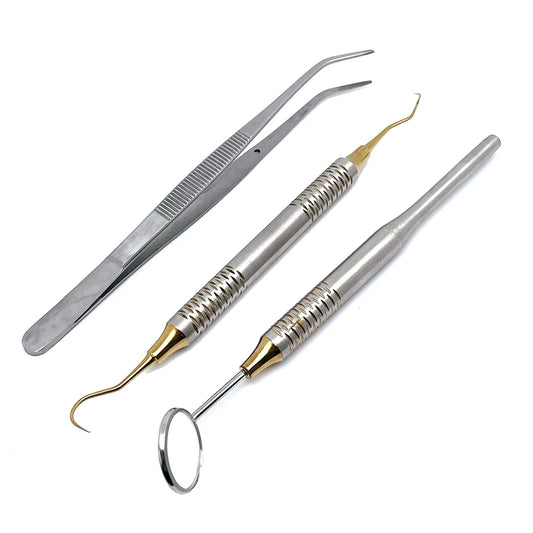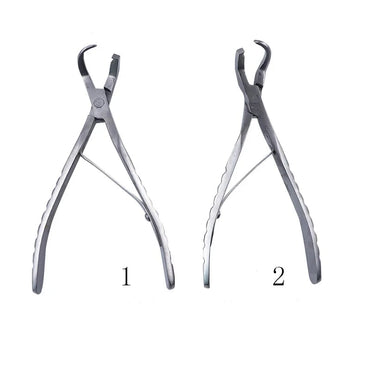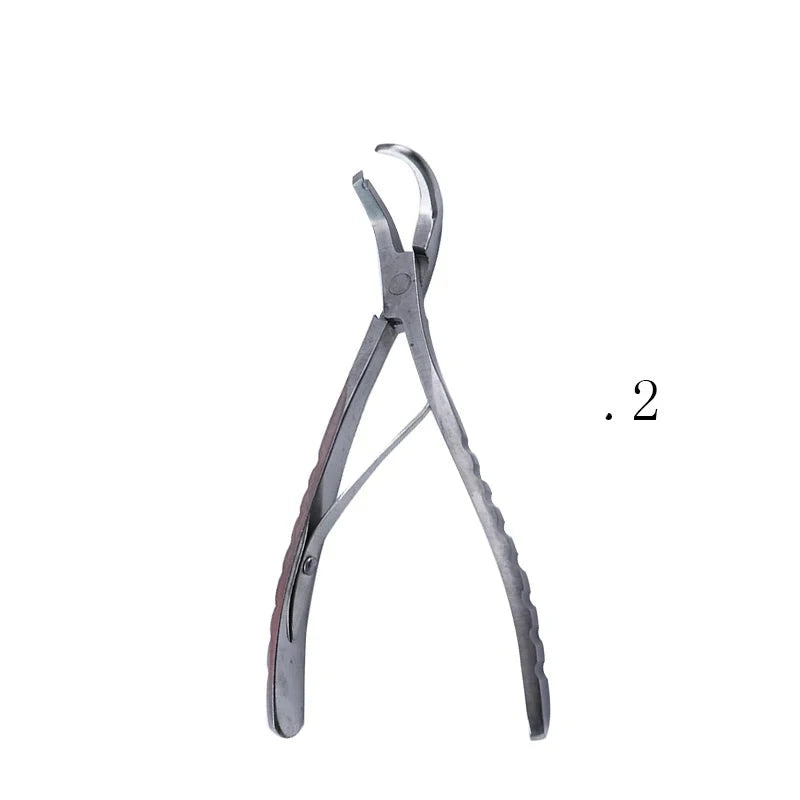In the realm of dentistry, effective communication plays a pivotal role in ensuring patients understand their treatment options and feel confident in their decisions. Here are ten tips to enhance communication with your dental patients and boost treatment plan case acceptance :
Establish Trust from the Start: Building trust is fundamental. Greet patients warmly, listen attentively to their concerns, and demonstrate empathy towards their dental needs. This sets a positive tone for effective communication.
Use Clear and Simple Language: Avoid dental jargon and technical terms that may confuse patients. Instead, use layman's terms to explain procedures, conditions, and treatment options in a way that is easy to understand.
Visual Aids and Demonstrations: Incorporate visual aids such as diagrams, models, or videos to illustrate dental conditions and proposed treatments. Visual representations help patients grasp complex concepts more easily.
Active Listening: Practice active listening by giving patients your full attention, maintaining eye contact, and nodding to show understanding. Encourage patients to ask questions and address any concerns they may have.
Empower Patients with Knowledge: Educate patients about the importance of dental health and the consequences of untreated conditions. Empowered patients are more likely to take ownership of their oral care and commit to recommended treatments.
Highlight Benefits and Outcomes: Clearly outline the benefits of proposed treatments, including improvements in oral health, functionality, and aesthetics. Discuss potential outcomes and how they align with the patient's goals and preferences.
Address Cost and Financial Concerns: Transparency regarding treatment costs and available financing options is crucial. Provide detailed explanations of fees and insurance coverage to alleviate financial apprehensions and facilitate informed decision-making.
Personalized Treatment Plans: Tailor treatment plans to each patient's unique needs, preferences, and circumstances. Show patients that their individual concerns and goals have been considered, fostering a sense of personalized care.
Follow-Up and Continued Support: Maintain open lines of communication even after the initial consultation. Follow up with patients to answer any lingering questions, provide additional information, or address concerns that may arise.
Encourage Action and Commitment: Guide patients towards a decision by clearly articulating the next steps and timeline for treatment. Encourage them to schedule appointments and commit to their oral health goals.
By implementing these communication strategies, dental professionals can foster trust, empower patients, and ultimately increase acceptance of treatment plans. Effective communication not only enhances patient satisfaction but also promotes better oral health outcomes in the long run.




